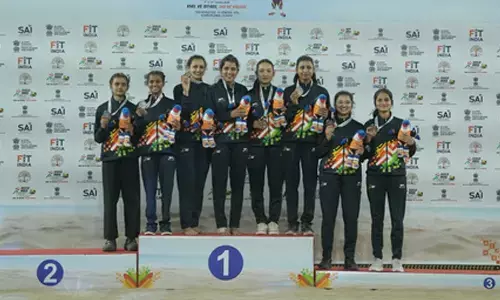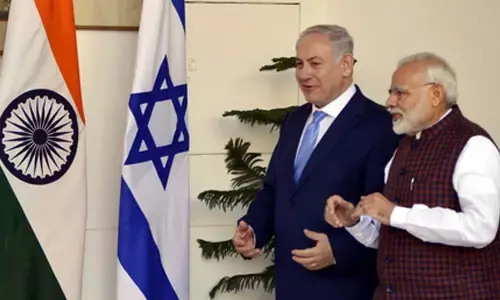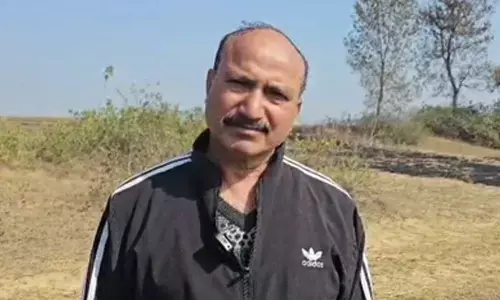Key Legal Rights Every Woman in India Should Be Aware Of

Learn about essential legal rights for women in India, including protections against harassment, support for victims, and laws that ensure equality and safety for women.
Women in India have several important legal rights designed to protect their dignity, freedom, and safety. These rights cover various aspects of life, including protection from harassment, workplace equality, reproductive rights, and property laws. Every woman should be aware of these rights to ensure they are treated fairly and have recourse when faced with injustice.
Here is a comprehensive guide to prominent legal rights every woman in India should know.
1. Protection Against Harassment
Harassment, particularly sexual harassment at work, is a significant concern for women in India. The Sexual Harassment of Women at Workplace (Prevention, Prohibition, and Redressal) Act, 2013 (often called the POSH Act) outlines legal rights for women facing harassment in the workplace. It mandates employers to establish Internal Complaint Committees (ICCs) to address complaints of sexual harassment.
Under the POSH Act, employers are responsible for creating a safe working environment. The law also extends to cover women working in the informal sector, such as domestic workers. Legal sections for harassment ensure that victims have avenues to seek justice without fear of retaliation.
Section for Harassment – IPC Section 354A
In addition to the POSH Act, Section 354A of the Indian Penal Code (IPC) criminalises sexual harassment. This section includes unwelcome physical contact, demands for sexual favours, and any verbal or non-verbal conduct of a sexual nature. Women can file complaints with the police or workplace committees to seek legal recourse under this section.
2. Protection from Domestic Violence
Domestic violence is a pervasive issue in India, and the Protection of Women from Domestic Violence Act, 2005 (PWDVA) provides women with legal protection from various forms of abuse, including physical, emotional, sexual, and economic violence. The law allows women to seek protection orders, residence orders, and financial relief from their abusers.
Women who face domestic violence can file a complaint with the police or approach Protection Officers appointed by the state under the PWDVA. Support for harassment victims is available through government helplines and NGOs that provide shelter, legal advice, and emotional support.
3. Equal Pay and Workplace Rights
The Equal Remuneration Act 1976 mandates that men and women be paid equally for the same work. This act is essential for promoting workplace equality and ensuring that women are not discriminated against based on gender. Women’s legal rights extend beyond just pay – under the Maternity Benefit Act 1961, women are entitled to paid maternity leave for up to 26 weeks.
Workplaces must also provide for crèche facilities if they employ more than 50 workers. These legal rights for women ensure that they can work in environments that respect their contributions without compromising their health or safety.
4. Reproductive Rights
Indian women have the legal right to make decisions about their reproductive health. The Medical Termination of Pregnancy Act 1971 allows women to access safe and legal abortions under specific conditions. The law was further amended in 2021 to expand the permissible gestation period for abortion to 24 weeks in cases of special circumstances such as rape, incest, or foetal anomalies.
In addition to abortion rights, women also have the right to access contraception and other reproductive health services provided by the government. These services aim to support women's health and well-being while ensuring they have control over their bodies.
5. Protection from Sexual Offences
The Criminal Law (Amendment) Act 2013, introduced in the aftermath of the 2012 Delhi gang rape case, strengthened laws against sexual offences in India. This act amended the IPC, introducing stricter punishments for crimes such as rape, stalking, voyeurism, and acid attacks.
Section 376 of the IPC addresses rape, defining it as non-consensual intercourse, with punishments ranging from a minimum of seven years to life imprisonment. This section also includes provisions for harsher penalties in cases of gang rape or when the victim is underage. Support for harassment victims is available through fast-track courts and special helplines for women, ensuring quick access to justice.
6. Property and Inheritance Rights
Women’s legal rights in India include equal rights to property and inheritance. The Hindu Succession Act, 1956, was amended in 2005 to give daughters equal rights to inherit ancestral property, along with sons. This law is applicable to Hindus, Sikhs, Buddhists, and Jains.
For Muslim women, inheritance is governed by the Muslim Personal Law (Shariat) Application Act, 1937, which provides for a share in family property, though it is typically a smaller share compared to male relatives. Understanding property rights is crucial for women to safeguard their financial security and independence.
7. Rights in Marriage and Divorce
The legal rights for women in marriage and divorce vary depending on religious personal laws. Under the Hindu Marriage Act 1955, women have the right to seek divorce on various grounds, such as cruelty, desertion, or adultery. Women can also claim alimony and child custody through the courts.
For Muslim women, the Muslim Women (Protection of Rights on Marriage) Act, 2019, abolished the practice of instant triple talaq, ensuring that divorces are conducted under proper legal supervision. Christian women are protected by the Indian Divorce Act of 1869, which outlines the legal grounds for divorce.
8. Legal Protection Against Human Trafficking
Human trafficking, especially for forced labour and sexual exploitation, remains a significant issue in India. The Immoral Traffic (Prevention) Act 1956 criminalises trafficking for prostitution and penalises individuals involved in the recruitment, transportation, and exploitation of women for this purpose. The government has also set up anti-human trafficking units and helplines to provide support for victims.
Understanding legal rights is essential for every woman in India to protect herself from discrimination, violence, and injustice. Knowing the relevant sections for harassment under the IPC and other laws can empower women to take action when faced with harassment or abuse.















